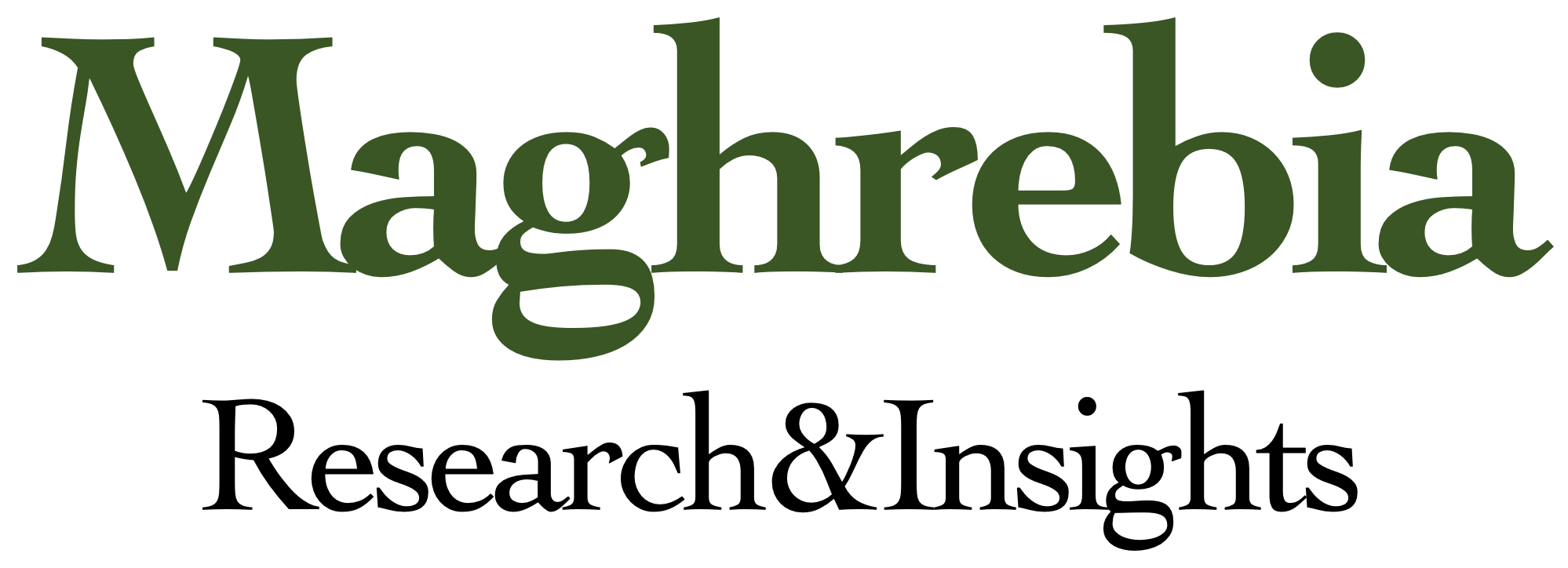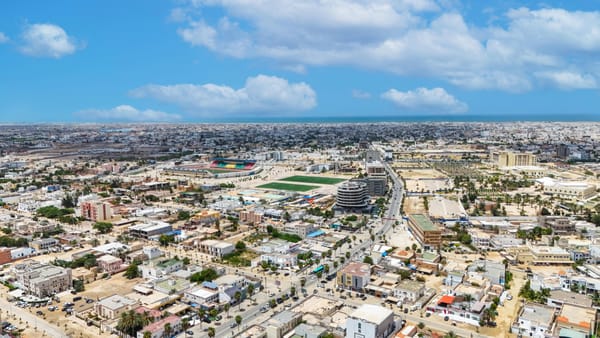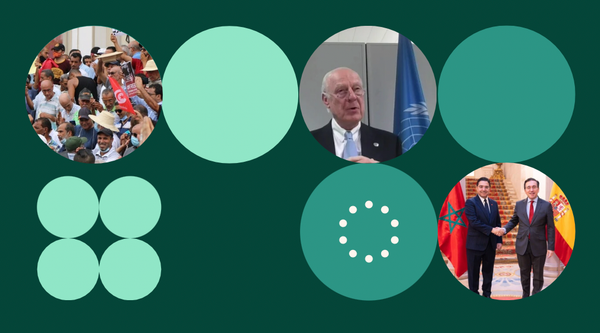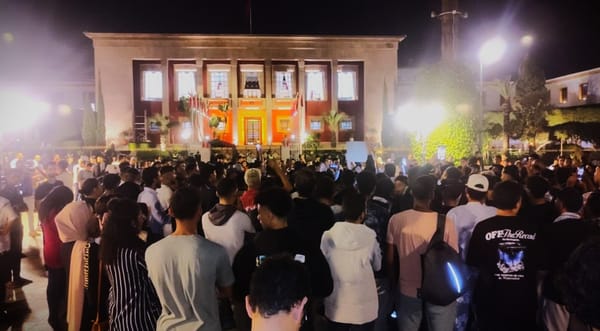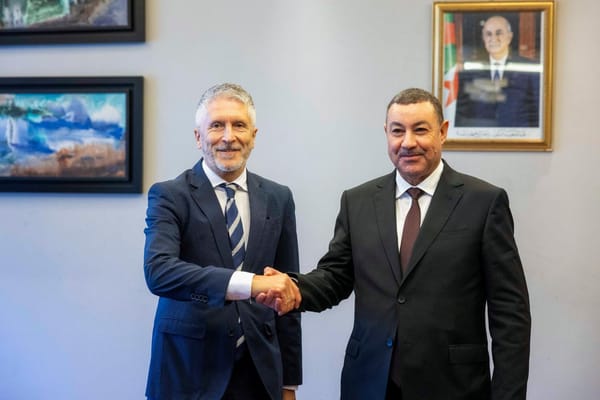#7days of Maghreb
NEWSLETTER. A selection of the most important news of last week from the Maghreb

🇲🇦 Morocco
- A crucial week for Western Sahara. Ahead of the upcoming UN Security Council vote on extending MINURSO (scheduled for 30 November), and following the leak of the US draft resolution promoting 'genuine autonomy' for the territory (in line with the Moroccan position), the Polisario Front presented the UN with an 'extended proposal' of its 2007 plan. This plan already included a mandatory referendum with three options: independence, integration or autonomy. The movement is proposing a series of subsequent guarantees, stating that in the event of independence, the new state would consider Morocco a ‘strategic partner’. Also this week, Belgium expressed its support for Morocco's autonomy plan for Western Sahara, considering it the 'most appropriate solution' to the conflict. This follows similar statements from several other European countries, after previous shifts in position by Spain, Germany and the United Kingdom.
- Morocco-Spain economic cooperation. Business leaders from both countries met in Rabat to explore new possibilities for reciprocal investment, with a special focus on joint preparation for the 2030 World Cup.
- Strategic mining investment. The Canadian company Steadright Critical Minerals has signed a memorandum of understanding with Société Commerciale et Minière du Sahara to develop the inactive polymetallic deposit at Goundafa, south of Marrakesh. The mine contains copper and zinc deposits, which are considered to be strategic minerals.
- Youth protests and judicial action. The Moroccan Association for Human Rights reported that more than 2,000 people were detained and 330 minors were prosecuted following the Generation Z protests, and denounced the imposition of sentences of up to 15 years in prison.
🇩🇿 Algeria
- Migration diplomacy. Spanish Home Secretary Fernando Grande-Marlaska travelled to Algiers, where he met with President Tebboune and his counterpart Saïd Sayoud to strengthen cooperation on migration issues. The Algerian minister sought to distinguish his country from others, stating that 'Algeria does not use migration as a means of pressure or political blackmail'.
- Human rights and political persecution. Fethi Ghares, the leader of the Democratic and Social Movement and an opposition figure, was sentenced to two years in prison again for his ‘statements against the President of the Republic’.
- Socio-economic policy. Prime Minister Sifi Ghrieb outlined the two pillars of the new economic policy: diversifying the economy by strengthening industry, and consolidating the social character of the state.
- International mediation. Donald Trump's special envoy, Steve Witkoff, suggested the possibility of an ‘imminent peace agreement’ between Algiers and Rabat through US mediation, to be finalised within the next 60 days.
- Fighting corruption. Seventeen individuals, including nine officials and eight businesspeople, were imprisoned for corruption relating to the processing of import applications at the Ministry of Foreign Trade.
- Relations with Spain. The Foreign Trade Minister, Kamel Rezig, called for a 'strengthened economic partnership' with Spain following a meeting with the Spanish Secretary of State for Trade. This statement forms part of ongoing efforts to normalise bilateral relations following a period of diplomatic tension between 2022 and 2024.
- Change at the top of Sonatrach. Shortly after launching his £60 billion investment plan for the next four years, Sonatrach's president and CEO, Rachid Hachichi, was dismissed and replaced by Noureddine Daoudi, a long-standing member of the company. No official reasons for the change have been given at this stage.
- FATF assessment. The Financial Action Task Force (FATF) has recognised Algeria's significant progress in the fight against money laundering. This could pave the way for Algeria's removal from the grey list of countries 'under enhanced monitoring'.
🇲🇷 Mauritania
- Efforts to promote accountability and combat corruption. Following the devastating report on wasteful spending recently published by the Court of Auditors, numerous senior officials were dismissed. The Minister of Economic Affairs has announced new measures to strengthen control over resources, formalise financial oversight, and prevent the misappropriation of public funds.
- Cooperation with Spain in health. Spain will contribute €880,000 to equip hospitals and bolster emergency services in Mauritania. This aid will consolidate bilateral cooperation in health and human development.
🇹🇳 Tunisia
- Crisis and social mobilisation. Thousands of people demonstrated again in Gabès, in southern Tunisia, to demand the closure of the chemical complex responsible for widespread pollution in the city. Although the Tunisian government has said that it is considering cooperating with China to reduce toxic emissions from the complex, local experts have warned of the technological and dependency risks associated with this option. The Minister of Equipment announced a set of emergency measures to improve the environmental situation, in an attempt to contain the protests and project an image of state action.
- Economic diplomacy and trade controversy. President Saïed denounced the exclusion of a 'brother country' from the date export campaign, seemingly referring to Morocco. However, it appears that the claim of exclusion is based on rumours that have previously been denied.
- Regional economic cooperation. At a meeting between Tunisian Prime Minister Sara Zaafrani and Libyan Trade Minister Mohamed Al-Hwaij (GNU of Tripoli), Tunisia and Libya agreed to strengthen their economic and trade cooperation through new bilateral mechanisms.
- Migration tragedy. The IOM reported the sinking of a boat off the Tunisian coast, resulting in 40 fatalities and 30 survivors, who were from Cameroon, the Ivory Coast and Guinea.
🇱🇾 Libya
- Military relations with Belarus. Saddam Haftar met with the Belarusian president, Alexander Lukashenko, in Minsk to discuss military and economic cooperation. This meeting reflects the consolidation of alliances in eastern Libya around the Russian axis.
- Economic relations with Morocco. The trade ministers of both countries met to establish mechanisms to promote bilateral trade and investment.
- Violence in the west of the country. Intense fighting broke out between the Joint Force (which is close to Prime Minister Dbeibah) and the 24th Battalion in the city of Misrata, but it has now apparently ended. These persistent clashes between militias highlight the fragility of the balance in western Libya.
"Sitting on the back of a dromedary, there is no risk of being bitten by dogs."
Maghreb Proverb
